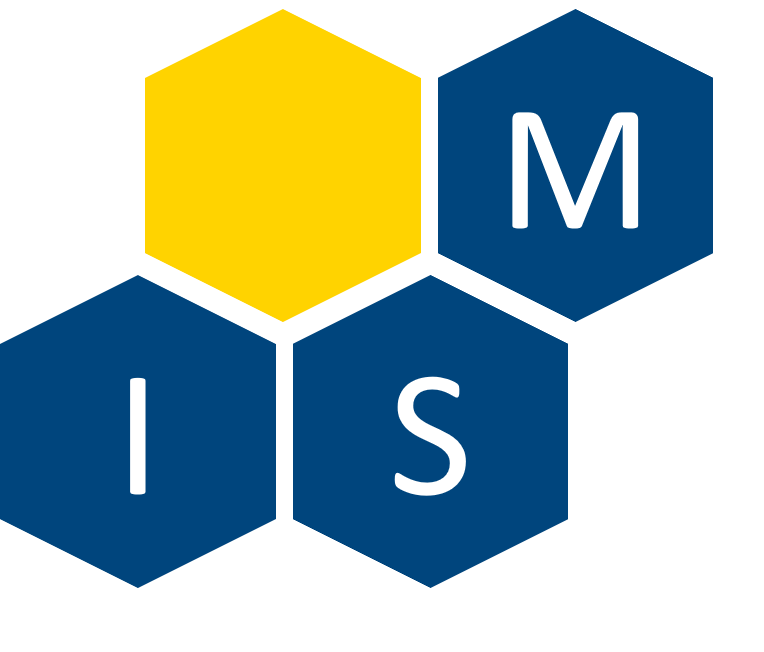WI-Projekt: Global Collaboration and Digital Social Innovation
Supervisor: Daniel Beimborn, Ferdinand Mittermeier
Contents:
In 2015, the United Nations agreed on a common approach to peace and prosperity for people and the planet. At its core are the 17 Sustainable Development Goals (SDGs), which represent an urgent call to action by all countries as part of a global partnership. In particular, it is about developing strategies to improve health and education, reduce inequality, and boost economic growth – all while combating climate change and working to protect our oceans and forests. In this context, innovation on a global scale is an essential component. In particular, social innovation, defined as "a novel solution to a social problem that is more effective, efficient, sustainable, or just than existing solutions and for which the value created accrues primarily to society as a whole rather than private individuals" (Phills et al. 2008, p. 36), can have a positive impact not only on the economic conditions of individuals, but also on the environment (e.g., waste management) and politics (e.g., transparency in governance and political participation).
Digital technologies can support these endeavors by allowing relevant stakeholders to interact across borders without hierarchical order or spatial restrictions. For instance, Ahuja and Chan (2020) show how entrepreneurs used a digital platform to orchestrate multiple to organize waste collection in India. Hence, digital social innovation aims at leveraging digital tools to address societal challenges.
Objective of this project is to ideate, conceptualize and implement a digital solution to a social or environmental problem. To understand the wider implications of such sustainability problems and solutions, it is important to learn about other contexts, such as other countries with different business and legal regimes, or other cultures and mindsets. In this project, students will gain such a competence by collaborating in mixed teams with students from the Welingkar Institute of Management, Development and Research (WeSchool – a highly ranked business university with campuses in Mumbai and Bangalore).
At the end of the semester, the German students will travel to India and finalize their project, present their results, and get also first-hand insights into the Indian culture and IT industry.
Learning Outcomes:
After completing the course, students will understand the challenges, goals, and approaches of digital social innovation projects in different regions, such as in Germany and India. They will be able to design digital solutions to social problems, understand intercultural differences, and consider these when developing digital solutions. The course also prepares students to work in intercultural teams and promotes critical skills such as presenting work results and working on projects in a goal-oriented manner. During the visit to India, students will also get insights into the Indian culture, economy, and digital industry.
Recommended Prior Knowledge:
ISM-EidWI-B: Introduction into Information Systems
ISM-FIISM-B: Fundamentals of International IS Management
DSG-EiAPS-B: Introduction to Algorithms, Programming and Software
Admission requirements:
- Short letter of motivation (show interest in the topic and in international cooperation and describe own competence (more technical or management-oriented))
- Willingness to travel to India
Additional Information:
Proposed time line:
- Kick-off: In a virtual kick-off event on in the first or second semester week (October), we will create mixed teams, give you all information about the project and start the project cycle.
- Intermediate sessions: We will have 2 or 3 intermediate virtual sessions, in which student teams present the progress of their project work.
- Visit to India: The stay in India is planned for the middle of January 2025. The cost for this is about 1100 euros for flight, visa and accommodation (breakfast included). The travel subsidy for each student is 385 euros.
The number of participants is limited to 18 students. The project will also only take place if there is a sufficient number of participants. To participate, an application with a letter of motivation is required by September 30. Information about acceptance will be provided within one week after this deadline. Possible vacancies will be filled by end of semester break (the week before the new semester begins).
